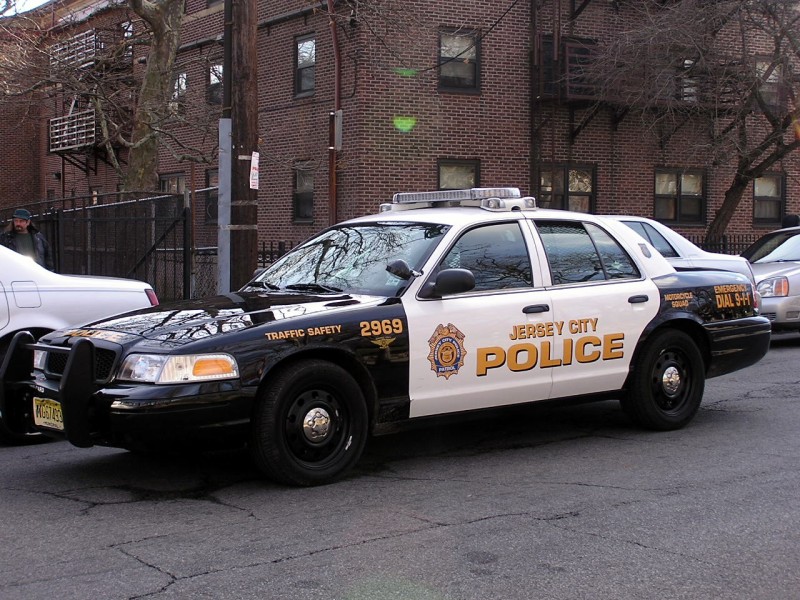Jersey City ends off-duty police program

Jersey City NJ Feb 19 2018 City officials said they will remove a program that has tempted some police officers to becoming corrupt.
In a letter sent to the Federal Bureau of Investigation on Feb. 14, city official said they will end a controversial program providing off-duty jobs to cops, conceding that the program is filled with corrupt practices. The program’s end comes as 11 police officers face a variety of charges in connection with the program, and after a guilty plea from former Police Chief Phil Zacche to charges he was paid for security services he didn’t perform.
Public Safety Director James Shea said an investigation is ongoing and other officers may also face charges.
The program involves a number of areas where police officers are paid for off-duty security work for the Jersey City Housing Authority, the Jersey City Board of Education, as well as for private contractors.
Under city regulations, certain construction projects require developers to provide traffic and other security operations, and an agreement with the city allowed these developers to hire off duty cops to provide these services. But some officials believe the program sometimes involved intimidation of homeowners and contractors to hire off-duty cops, even though city regulations did not require it.
Councilman Michael Yun, who has been a critic of the program for years, said in some instances homeowners and small developers were told they needed to hire an off duty cop even when the project did not require it.
City officials say the program instituted almost 40 years ago has been an economic boom for some officers who earned as much as three times their annual police salaries from these off duty activities.
A federal investigation into the program launched several years ago, prompted by the police department’s internal affairs probe, found widespread abuse.
Shea said nearly every officer in the department knew about the abuses, although many did not take part. Shea said the abuse was so pervasive the city could not fix it and needed to shut it down.
“We’re going to institute best practices from other parts of the state.” – Mayor Steven Fulop
In the letter to the FBI, the city said it would end portions of the program immediately, but would delay those that involve public safety, such as traffic duties near construction projects, phasing these out over the next six months to a year.
After this, the city would send on-duty officers to fill those roles if deemed necessary.
Mayor Steven Fulop said, however, he has not yet determined how the program would be replaced. Shea said some aspects would not be replaced because they are not necessary.
“We’re going to institute best practices from other parts of the state,” Fulop said, noting that if and when the investigation uncovers additional misdeeds by cops involved in this program, these will be reported to the county prosecutor as well as the FBI.
The program has been very lucrative to local cops, since contractors and others paid as much as $16 million annually to provide these services.
Fulop said while this didn’t directly affect taxpayers, it was a kind of hidden tax, since contractors and others had to pay it, passing along the cost to others.
Developed back in the early 1990s, the program, Shea said, seemed like a good idea at the time, but it has become an avenue of corruption.
Shea said the off duty program was so lucrative and appealing that officers that otherwise honest police officers were lured into it.
Although a critic of the program, Yun said one of his motivations was to help protect “good cops.”
Police union officials said shutting down the program hurts morale, since most of the officers involved in the program did nothing wrong. But Shea said the misconduct was so widespread that shutting it down was the only certain way to end the corrupt practices.
Some of the officers after pleading guilty have agreed to pay back some of the money they got. The city, Fulop said, will not incur any expenses, since the arrangements were largely an agreement between the cops and contractors. The city provided supervisors and for the most part, the program cost the city to operate.
Hudson Reporter



